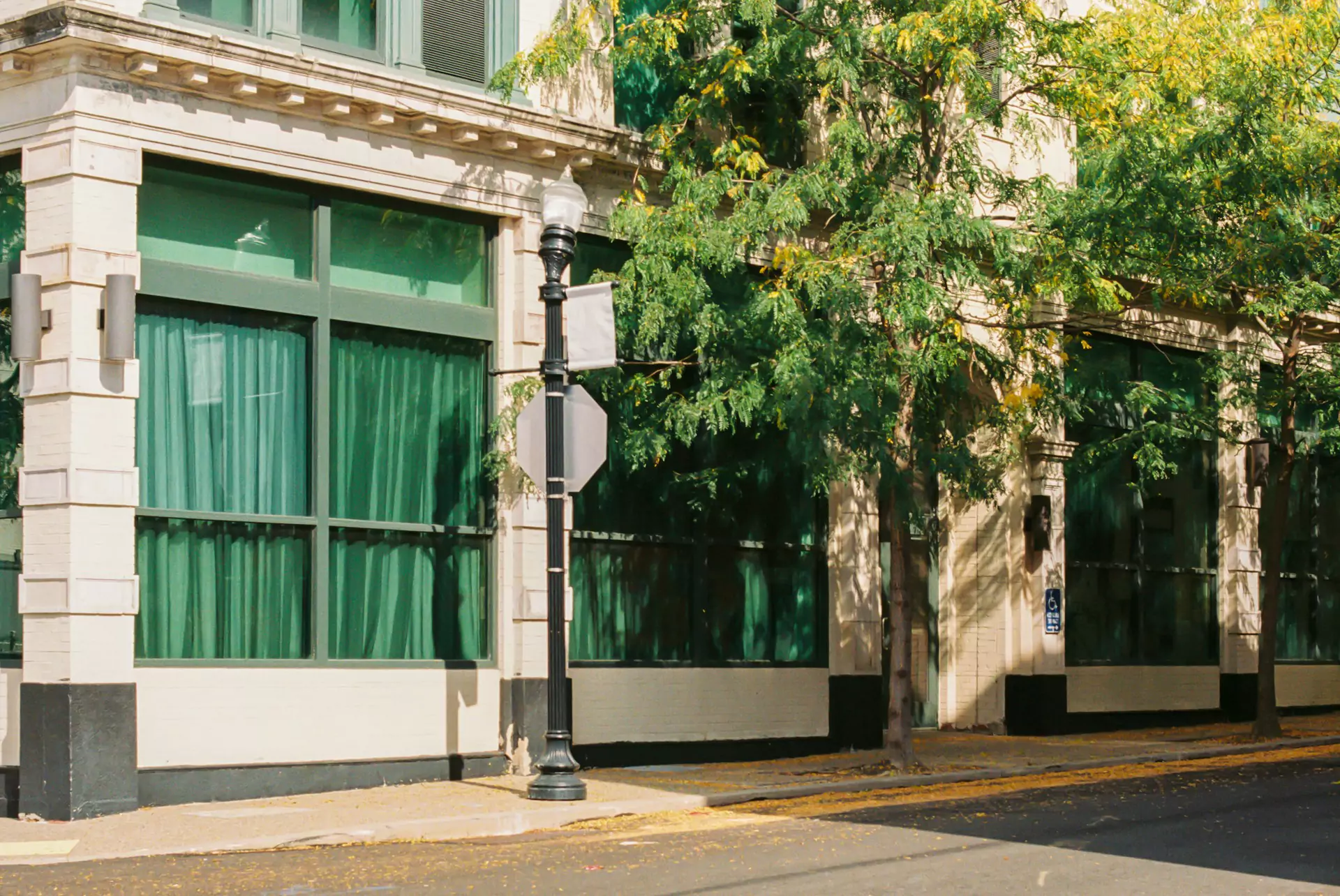How to negotiate the best lease for your commercial property
Finding the right space for a hospitality business, retail shop, or gym can be exciting. The location and layout often play a huge role in attracting customers and creating the right atmosphere. But behind the excitement sits one of the most important parts of your business success: the commercial lease. The lease is often one of the biggest financial commitments a small business makes. If you don’t manage it carefully, the wrong terms can eat into profits or limit your flexibility to grow. By learning how to negotiate and manage a lease effectively, you’ll set yourself up for long-term stability and financial security.

Why lease terms matter for small business owners
A commercial lease is more than just rent. It’s a detailed contract that covers everything from maintenance responsibilities to rent increases and renewal options. For small business owners in hospitality, fitness, or retail, the lease can determine:
- Profit margins – Rent and outgoings are often your largest fixed cost.
- Flexibility – Your ability to expand, relocate, or refit the premises may be restricted.
- Risk exposure – Long leases without exit clauses can trap you if the business slows down.
- Security – A well-negotiated lease provides confidence that you won’t face sudden rent hikes or eviction.
Getting this right means you can focus on running your café, restaurant, or gym without constantly worrying about overheads.

Key terms to understand in a commercial lease
Before you negotiate, it’s important to be familiar with the main lease terms. Some of the most common ones include:
- Base rent – The fixed amount you pay, usually per month or quarter.
- Outgoings – Extra costs like utilities, cleaning, or council rates.
- Rent review clauses – When and how your rent will increase (CPI, market review, fixed percentage).
- Lease length – The initial term, plus any option periods you can exercise.
- Fit-out contributions – Whether the landlord helps cover renovation or fit-out costs.
- Make good obligations – Your responsibility to restore the property at the end of the lease.
- Break clauses – Provisions that allow you to exit the lease early under agreed conditions.
Understanding these terms puts you in a stronger position at the negotiating table.
How to prepare before negotiating a lease
Preparation is the difference between a fair deal and one that leaves you stuck. Before signing anything:
- Research market rents – Compare similar properties in the area to understand what’s fair.
- Review your cash flow – Work out the maximum rent and outgoings you can sustain, based on realistic trading volumes.
- Plan for growth – Consider how your space requirements might change in 2–5 years.
- Seek professional advice – A solicitor or lease negotiator can help highlight risks you may overlook.
Going in informed will help you negotiate with confidence.

Negotiation strategies for small business leases
Negotiating a lease doesn’t mean demanding everything in your favour. It’s about finding a balance where both you and the landlord are comfortable. Here are some strategies to use:
1. Negotiate rent reviews
Push for fixed increases or CPI-linked reviews rather than market reviews, which can lead to sharp increases.
2. Secure option periods
Option periods give you the right (but not obligation) to extend the lease. This creates security without locking you into a long initial term.
3. Ask for rent-free or fit-out contributions
Landlords often offer incentives to attract tenants. A rent-free period or contribution towards your fit-out can ease pressure in the early months.
4. Limit make-good clauses
Try to avoid obligations that require you to strip out improvements you’ve paid for. Negotiate for a “leave as is” arrangement.
5. Push for flexibility
If your business model is still evolving, negotiate for sub-leasing rights or break clauses. This gives you an exit plan if things change.
Common mistakes to avoid
Many small business owners rush into leases without considering the fine print. Some mistakes to avoid include:
- Signing without advice – Always have a solicitor review the agreement.
- Underestimating outgoings – These can be substantial and should be factored into your budget.
- Locking in too long – Long terms may seem secure but can be risky if your business needs change.
- Ignoring fit-out and repairs – Landlords may require you to cover costly upgrades at the end of your lease.
Managing your lease over time
Negotiation doesn’t end once the ink dries. Managing your lease is just as important:
- Track key dates – Rent review and option renewal dates should be in your business calendar.
- Monitor rent vs revenue – Ensure your occupancy costs remain in line with industry benchmarks.
- Build a good landlord relationship – Clear communication can make negotiations easier when issues arise.
- Review terms before renewal – Don’t automatically renew without checking if the market has shifted.
How Thriday can help
Lease management is just one part of running a successful hospitality business or gym. Cash flow planning, budgeting for rent, and tracking outgoings are just as critical. Thriday’s automated accounting and cash flow tools make it easier to see how lease costs fit into your overall financial picture. By staying on top of your expenses and forecasting, you can avoid surprises and focus on growing your business.

Final thoughts
Securing the right commercial lease is one of the most important decisions a small business owner can make. Whether you’re opening a café, a fitness studio, or a retail store, taking the time to understand, negotiate, and manage your lease will save you money and give you flexibility.
Approach your lease with the same care you give to your business plan, and you’ll build a foundation that supports long-term success.
DISCLAIMER: Team Thrive Pty Ltd ABN 15 637 676 496 (Thriday) is an authorised representative (No.1297601) of Regional Australia Bank ABN 21 087 650 360 AFSL 241167 (Regional Australia Bank). Regional Australia Bank is the issuer of the transaction account and debit card available through Thriday. Any information provided by Thriday is general in nature and does not take into account your personal situation. You should consider whether Thriday is appropriate for you. Team Thrive No 2 Pty Ltd ABN 26 677 263 606 (Thriday Accounting) is a Registered Tax Agent (No.26262416).






.svg)


.svg)











.webp)